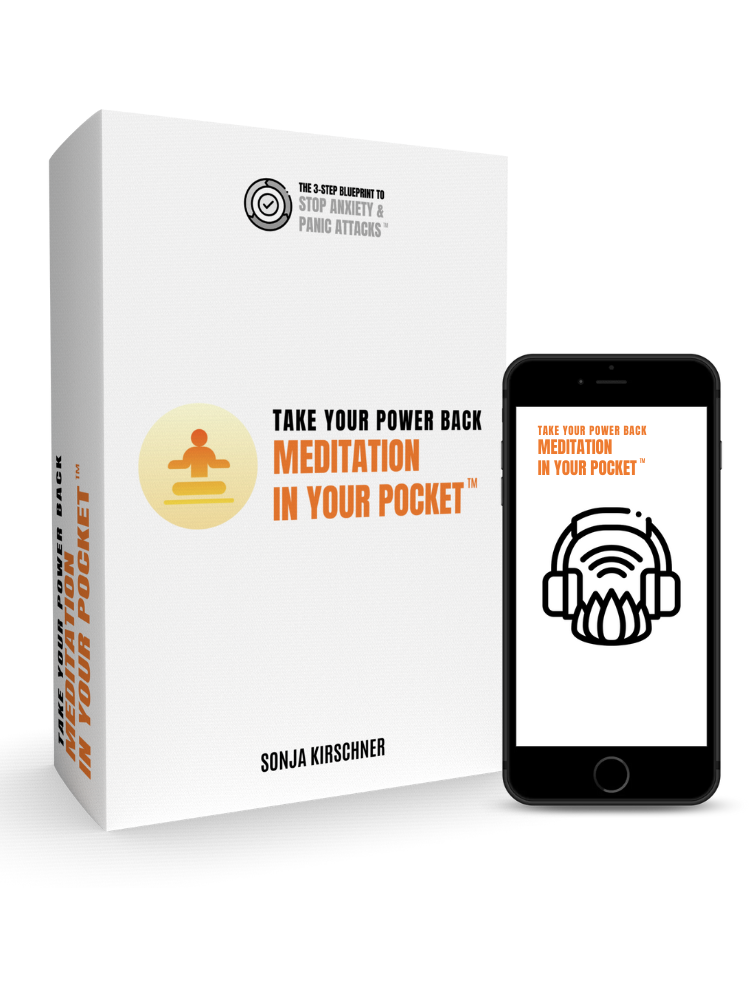Resilience is the strength and speed of our response to stress & adversity – and we can build it.
What is Resilience?
Anything that reminds us of the possibility of loss can leave us at the loss of words. Financial difficulties, loss of professional opportunity, redundancy, unemployment, divorce, rape, addiction, incarceration, illness and death.
Resilience is the ability to recover from challenges and difficulties and continue with our goals and intentions. It involves building personal character to hold self-belief, determination and inner strength. It is the capacity to remain flexible in thoughts, behaviours and emotions when under stress.
When flexibility goes, people find themselves experiencing one of the following:
- Loss of self-confidence
- Difficulty in decision making
- Difficulty in managing their emotions
- Reduced creativity and out-of-the-box thinking
- Reduced desire for social contact
- A changed outlook: optimists turn into pessimists, and pessimists lose their counterbalancing perspective
The good news is that our amount of resilience isn’t fixed – so we should be asking ourselves how we can become (more) resilient. This is where resilience coaching can help. It focuses on what aspects of your resilience have been impacted and helps you build capacity in that area.
Resilient People – What do they do?
- Use their strengths
- Maintain perspective
- Operate in their ‘circle of influence’ which encompasses those concerns that we can do something about i.e. that concerns that we have some control over
- Seek meaning/purpose
- Set goals
- Think ‘can do’
- Connect to others
- Practising self-care
- Practising self-compassion = The ability to offer the same kindness to ourselves that we would give to a friend. It allows us to respond to our own errors with concern and understanding rather than criticism and shame. Those who can tap into it recover from hardship faster. Self-compassion is associated with greater happiness and satisfaction, fewer emotional difficulties and less anxiety.
- Practice gratitude for the good and positive aspects of their life – as opposed to focus on lack and the negative aspects
Resilience Building for Personal Clients
The first rule of resilience is accepting what is. For example, if we forever question whether we are good enough and make unfavourable comparisons between ourselves and others, we will always live in someone else’s shadow.
Resilience building is about developing an empowering mind-set which supports our ability to take charge of a challenging situation, look for a workable solution, apply our strengths and ask for help. At the heart of all these action-driven processes stand self-care and self-compassion, a fundamental key of resilience building, which need to be nourished and prioritised all times!
Some techniques to develop resilience are:
- Practising self-compassion. This means being kind to oneself and harnessing positive and supportive thoughts.
- Practising self-care
- Setting your intentions and sticking to them
- Harnessing mindfulness to power your goals
- Being flexible and open to feedback
- Releasing unwanted thoughts
- Practicing kindness
- Practicing gratitude
Resilience Building For Leaders
If you are a leader you are subject to pressure. In fact, one could argue that it is because of your ability to absorb pressure that you have been given a leadership role.
But what happens when the pressure becomes uncomfortable? When the demands are more than you can manage. When your sense of being in control disappears. When you feel unsupported, and when your emotions become entangled in the situation. In those conditions pressure becomes stress. And it is not until stress develops into a physical or mental illness that it gets attention.
This is what Resilience Building can do for you:
- Helps you to bounce back from negative events
- Helps you to build confidence in your abilities, strengths, resources
- Helps you to raise awareness of negative attributions / a pessimistic style e.g. ‘all or none thinking’
- Supports the process of learning, insight, growth and development from setbacks and mistakes
- Helps you to increase positive expectations about outcomes
- Provides space, support and exercises that enable you to re-energise
- Helps you to enhance positive emotions which increase your capacity for creativity and big picture thinking
- Helps you to heighten HOPE – one of the strongest predictors of success and overcoming adversity
Find out more about
DISC Personality Profiling
Understanding what makes some people ‘tick’ can be a mystery for so many leaders, managers and team members. Acquiring this ability can therefore mean the difference between success and failure.
In business it is often said that your ‘front line’ (people) has a massive impact on your ‘bottom line’ (results). This means that understanding how to manage, motivate and maximize the performance of your people is vital.









